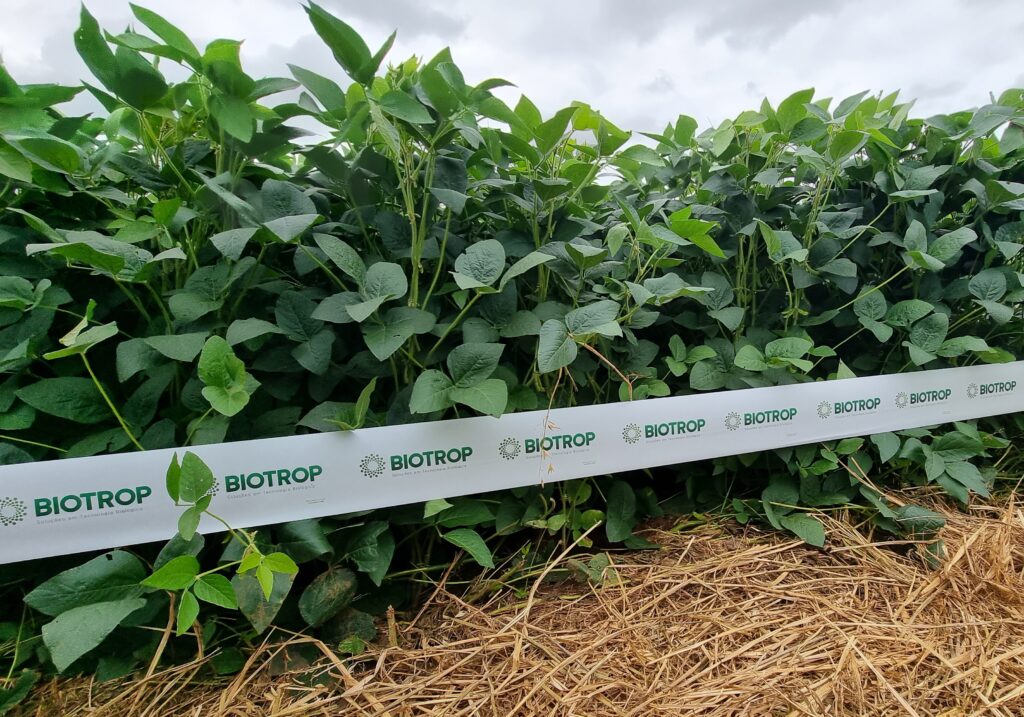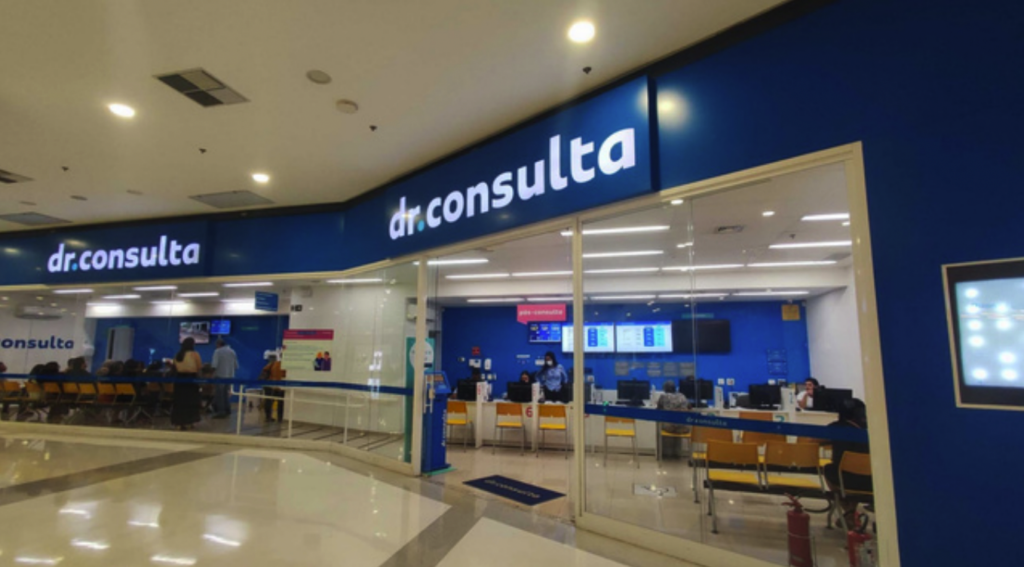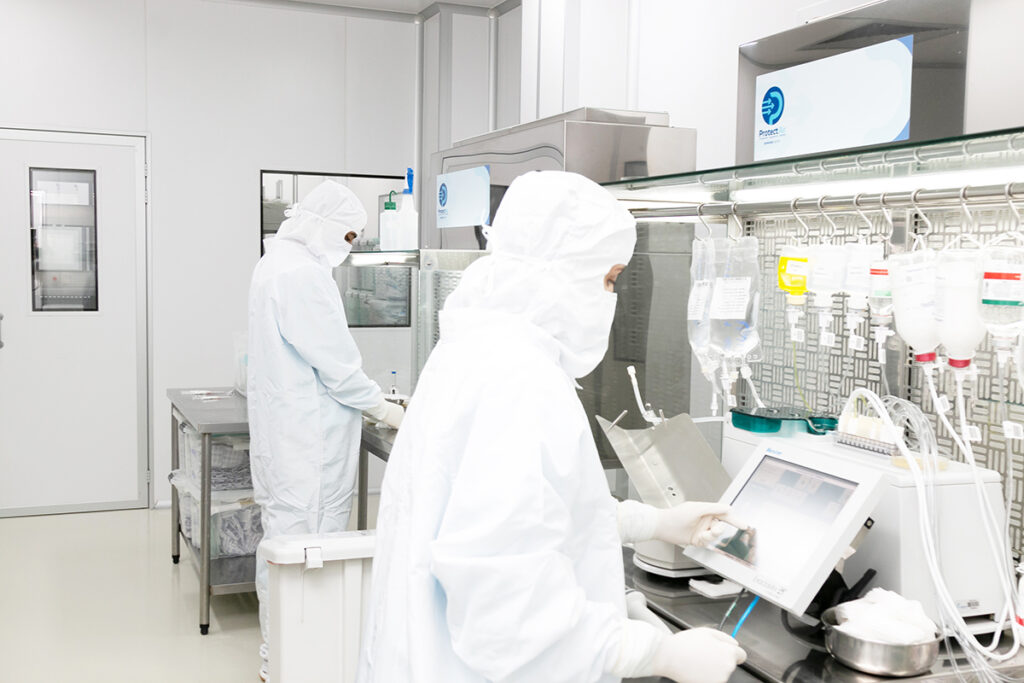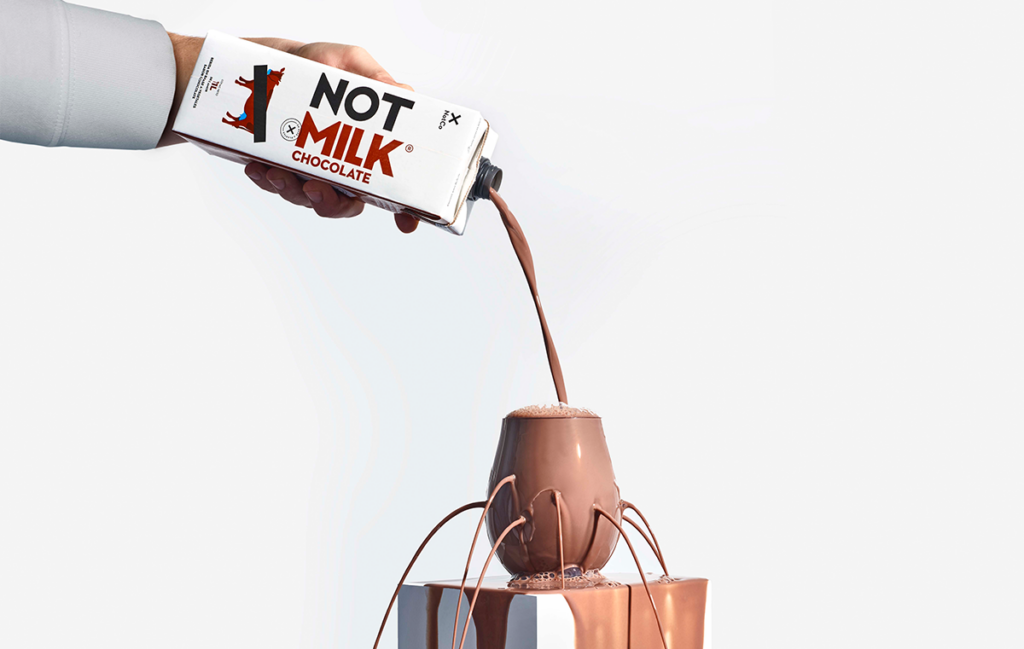
Member Investor: Aqua Capital
Company: Biotrop
Industry-Sector: Agribusiness
READ the latest deal case featuring Aqua Capital‘s investment in high-tech biological agricultural products producer Biotrop
OPPORTUNITY
Agricultural biologicals are used to replace chemicals in farming, primarily to enhance grower productivity and protect crops from pests. The global market for biologicals is projected to grow at a CAGR of 13.7% and reach USD24.6b by 2027, driven by rising food security concerns, a large shift towards sustainable agriculture, increasing consumer demand for organic food and public policies aimed at reducing the use of harmful chemicals in crop production. In Brazil, the biologicals market is expected to grow between 20-30% over the next five years, buoyed by increasing use of biological inputs on soy, sugarcane, coffee and cotton plantations.
EXECUTION
In 2018, Aqua Capital created Biotrop and licensed select biological technologies to be sold in Brazil. Shortly after its creation, Biotrop merged with Total Biotecnologia, a Curitiba-based company specialized in the production of inoculants. At the time, Total Biotecnologia was one of the leading inoculant producers in Brazil, with a 20% market share and significant brand positioning in the soybean and corn seeds market. Aqua’s investment thesis behind the merger centered around developing a wider array of biological products, increasing international expansion and professionalizing the company’s operations.
ESG IN FOCUS
Biotrop’s products are produced using bacteria and botanical extracts, which substitute harmful and unsustainable chemicals that are prone to pest resistance and may contaminate the soil and water, kill beneficial wildlife and insects and leave harmful residues for humans. Biotrop’s biological-based solutions are estimated to cover over 10 million hectares. Since the platform was formed in 2018, it has reduced the use of chemical fertilizers by over 23,000 tons, which represents a reduction of at least 83,100 tons in CO2 emissions – the equivalent of planting 581,000 trees. In addition, clients can reduce waste through the company’s reverse logistics initiative to recycle packaging. …. download the full case study to read more.
You may be interested in...
-

Lightrock | dr.consulta
In December 2017, Lightrock invested in dr.consulta, a Brazil-based clinic chain that...
-

Elevar Equity | TICMAS
In June 2018, Elevar Equity invested in TICMAS, an education platform with operations in...
-

Vinci Partners | Pro Infusion
In November 2020, Vinci Partners invested in Pro Infusion, a Brazil-based outsourcing...
-

L Catterton | NotCo
In August 2020, L Catterton invested in NotCo, a Chile-based foodtech company that...